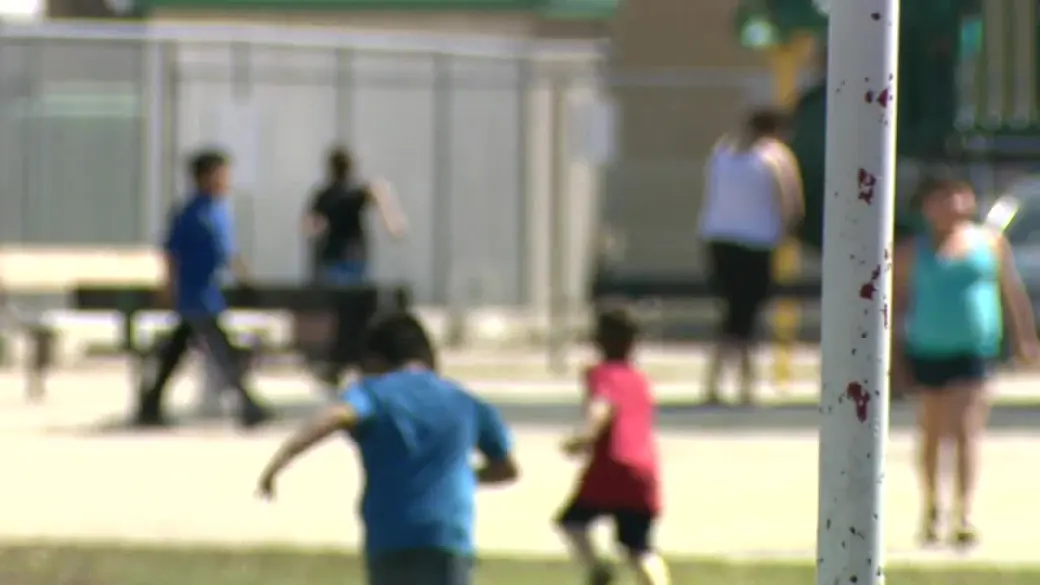
A new report says Manitoba has made little progress in reducing the number of sleep-related infant deaths and must do more to help disadvantaged families.

The report from the Manitoba Advocate for Children and Youth says there were 48 sleep-related infant deaths in a three-year period that ended in 2021.
That’s the roughly the same average annual rate found in an earlier study that looked at the period between 2009 and 2018.
The advocate, Sherry Gott, says things have not changed despite government efforts to educate parents about safe sleep habits such as putting babies on their backs in a safe space like a crib.
She says the majority of cases occurred in overcrowded homes, 81 per cent of the infants who died were Indigenous, and one-third of the homes did not have any safe sleeping surface available.
The advocate’s office, an independent body that reports to the legislature, is calling on the government to address social and economic inequalities in order to address the issue.

“Ultimately, this report demonstrates that risks for sleep-related infant deaths do not just derive from individual decisions, behaviours, and practices, but also from the conditions of people’s daily lives and the wider set of factors and systems that shape them,” the 61-page report released Thursday said.
“Rather … it is the government of Manitoba’s responsibility to ensure the equitable distribution of the social determinants of health so that each infant may have an equal chance at surviving and thriving no matter who they are, where they live, or who their caregivers may be.”
The report said there were several factors commonly found in the deaths examined between 2019 and 2021. Half of the infants were not placed on their back, which is recommended as the safest position. More than 80 per cent were on an unsafe sleeping surface — many were in a bed with family members. Almost four in 10 were in homes with environmental concerns such as mould.
The report reiterates previous recommendations such as improving data collection and raising public awareness of safe sleeping practices. Its lone new recommendation is for the Manitoba government to address the social and economic inequalities that can lead to higher-risk environments.
“While it remains critical to ensure all caregivers and families are aware of and have access to the resources necessary to mitigate risk factors, this approach alone has been unable to reduce the frequency of sleep-related infant deaths because it does very little to confront the deep-seated inequities in the social determinants of health that underlie and perpetuate them,” the report states.
“There is no easy or quick fix — these are complex social and structural problems that require complex, long-term, whole of government solutions. This will be challenging, but not impossible.”
